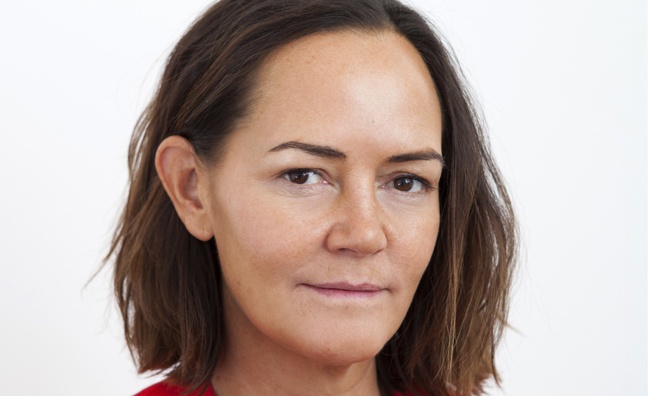UK Music has welcomed a House Of Lords committee’s recommendations to widen the ‘agent of change’ principle to help venues and to simplify the licensing process.
The Lords' select committee recommended the extension of the agent of change principle, which gives protection to established music venues when new residential developments are planned nearby. This consolidates a Government commitment in its housing white paper to widen the principle which already applies to changes of use of existing buildings.
In its report, the committee found the Live Music Act was working largely as intended. However, it called for local authority licensing functions to be overhauled and dealt with by planning committees to streamline the process. The Music Venue Trust, UK Live Music Group and the Musicians’ Union were among those who gave evidence to the committee at a hearing on December 6, 2016 about the effectiveness of the act.
UK Music chief executive Jo Dipple (pictured) said: “We agree with the committee when it says the Licensing Act is fundamentally flawed. That is why the Live Music Act was unanimously supported when proposed as a private member’s bill by Lord Clement Jones. It is welcome, therefore, that the Lords’ committee report clearly recognises the impact of the Live Music Act. UK Music agrees that more needs to be done to spread awareness of its benefits to local and national government.
“UK Music asks government to take forward the Lords suggestion that a full ‘agent of change’ principle for planning and licensing guidance be introduced. If implemented, recommendations to introduce an agent of change principle and ditch the late night levy will make a big difference to the provision of music across the UK’s cities and regions. A proposed ‘fifth objective’ for licensing decisions, which would enable local authorities to weigh up positive cultural impacts, would also have helped and it is a pity the committee did not accept this.”
The committee also accepted the benefits of night czars in developing the night-time economy, but called for the abolition of the ‘late night levy’ which cost many venues substantial amounts of money without contributing to local policing costs as originally intended.











